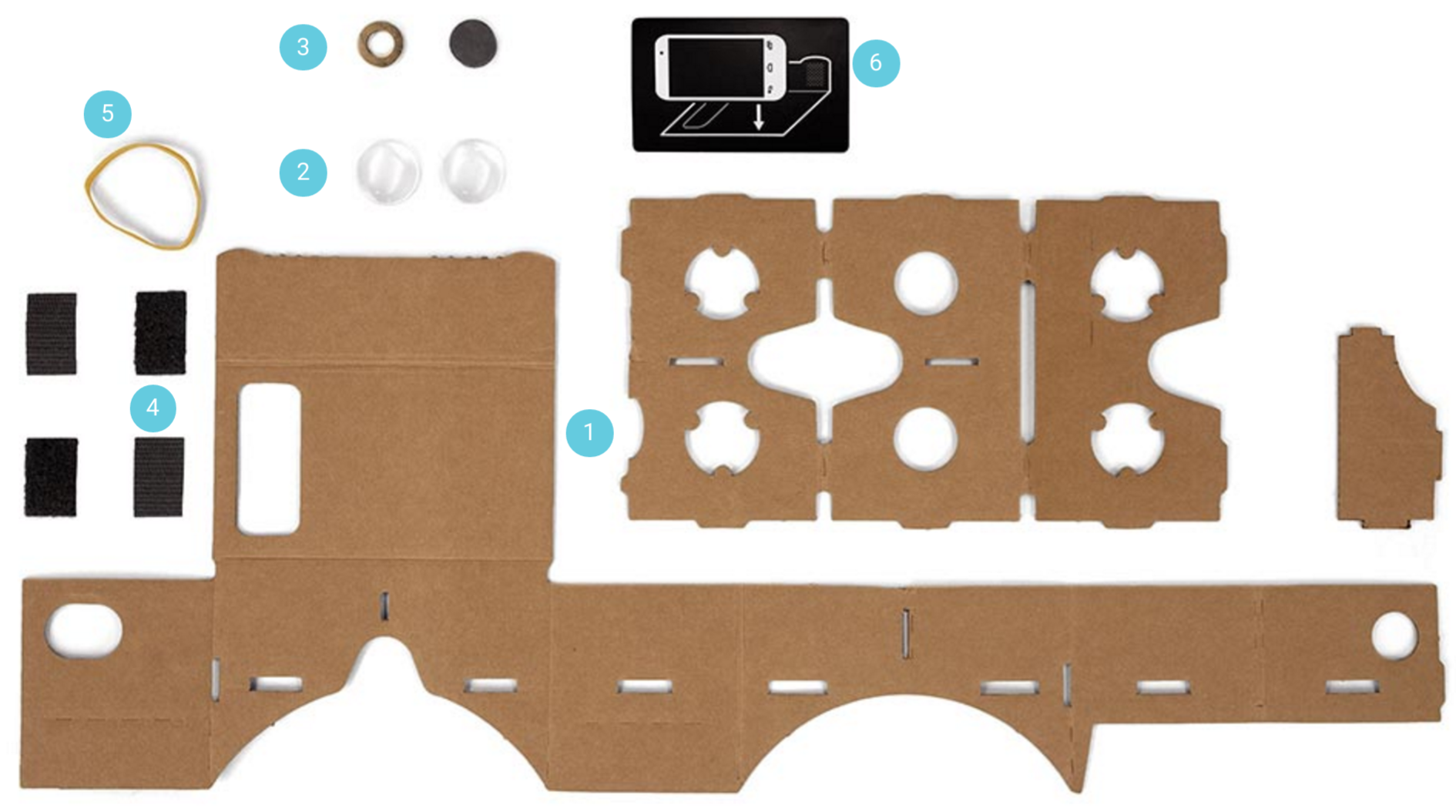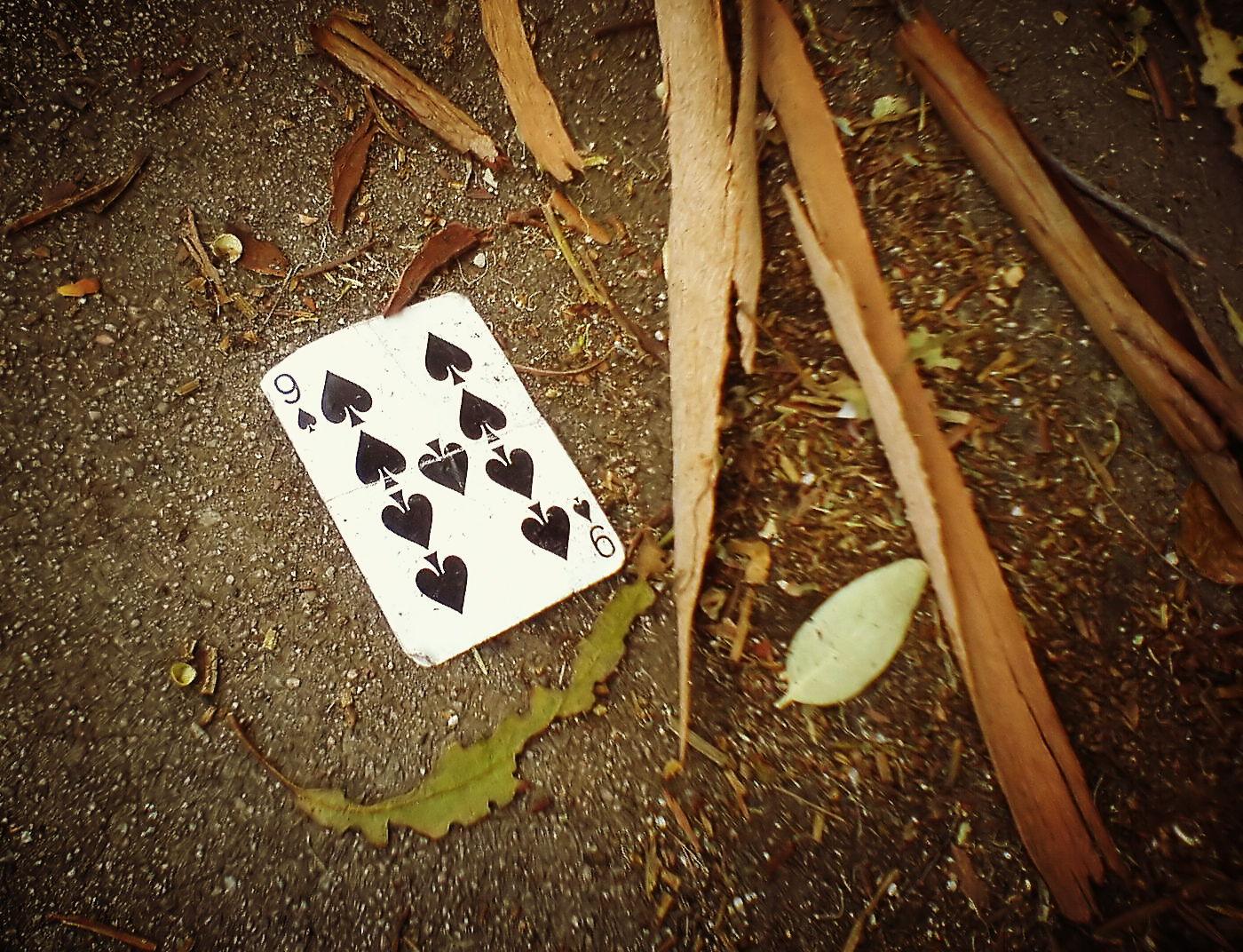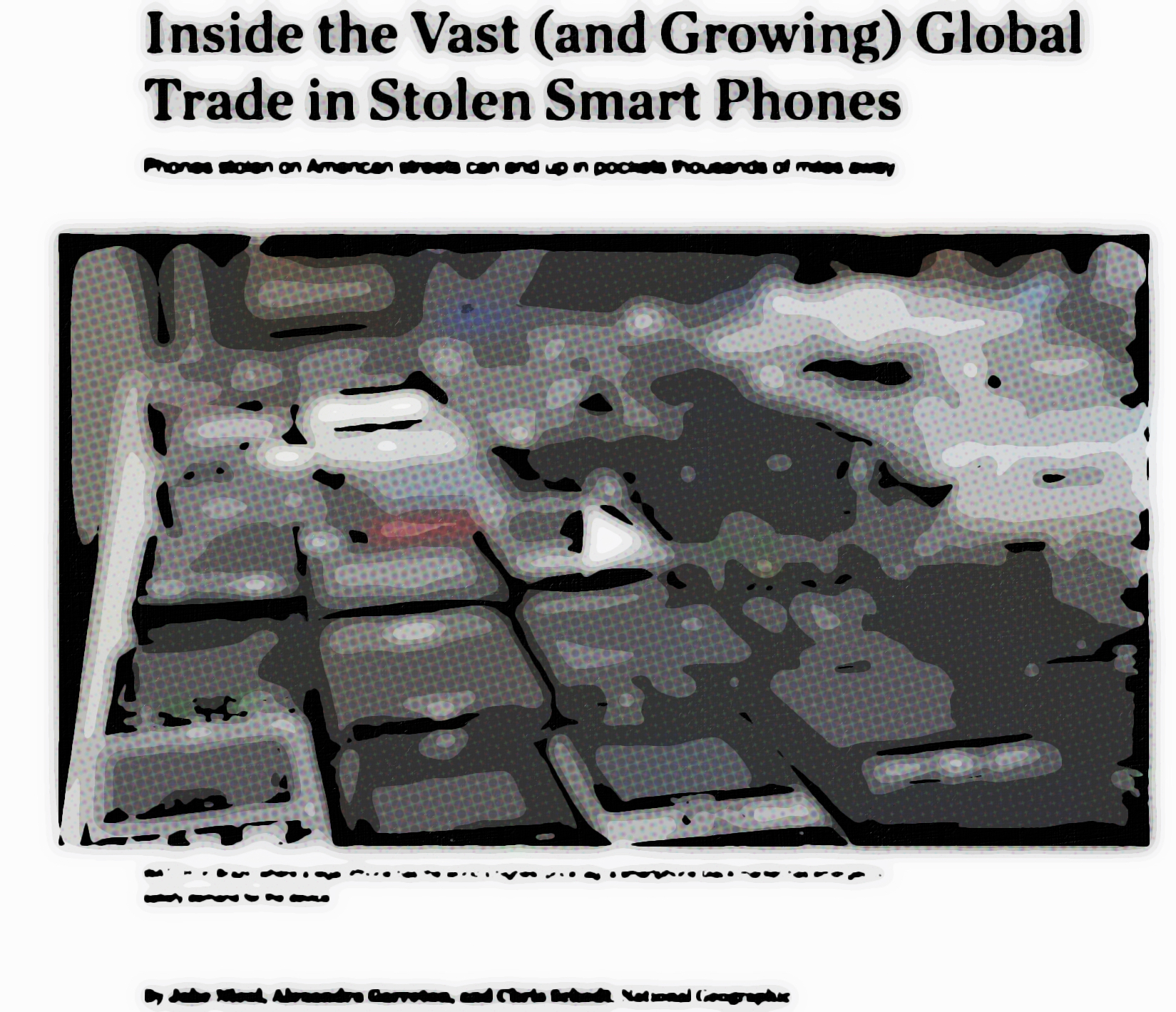Yesterday, while catching up on days of RSS-feed news, I stopped grazing and actually read TechCrunch Christmas Eve post “#MisguidedPR: The Industry’s Internal Crisis” by Colin Jordan, who is—what many of my peers would call—a flack. I rarely use the descriptor, deeming it as condescending. But for this post, the term fits.
The commentary’s objective is clear: To encourage his colleagues to abandon past public relations strategies that are obsolete today. Part of the problem he identifies is imbalance: There are way many more flacks than there are journalists (but perhaps not bloggers, I must add). Using U.S. Department of Labor statistics, he finds “5.7 PR professionals for every one journalist”. Because I do my own reporting rather than source someone else, whenever possible (most often), I checked the data.











